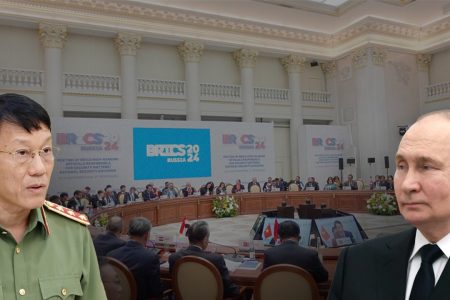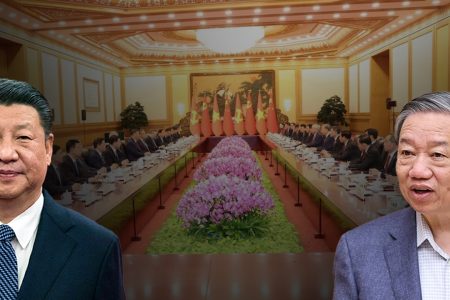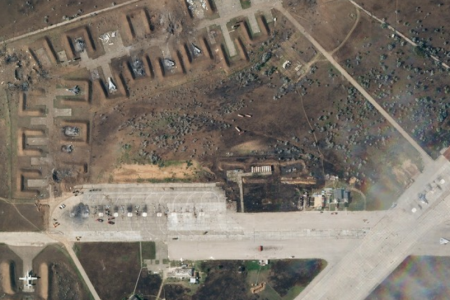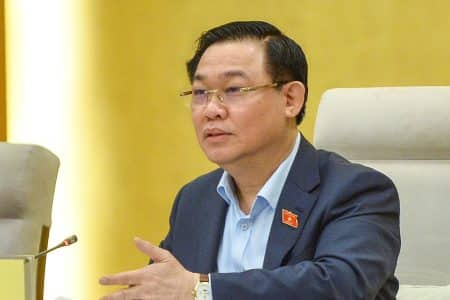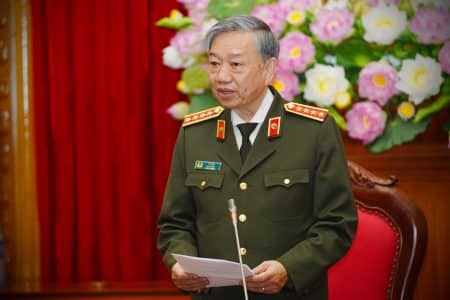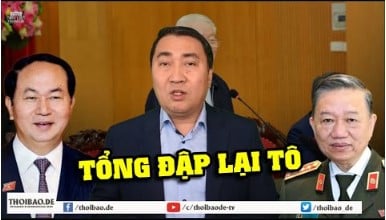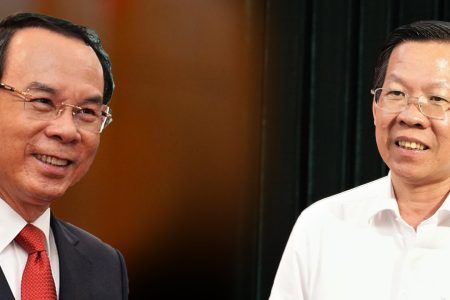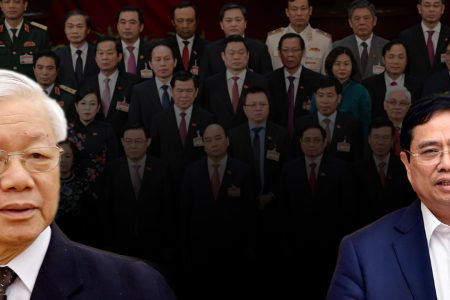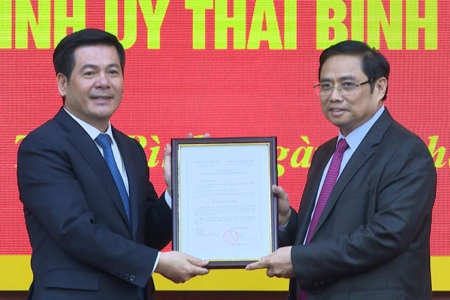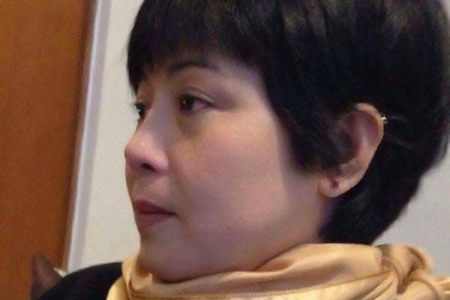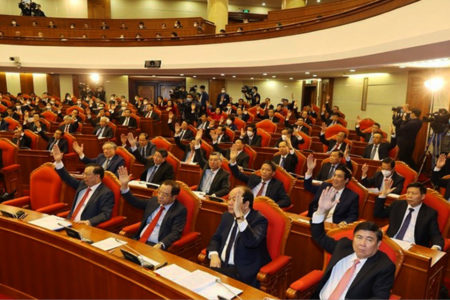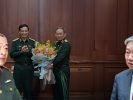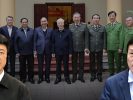There have been many comments on the legislative capacity of the National Assembly for a long time, with many shortcomings and low quality of law making.
The causes are many, and the basic is that there is no free election in which capable people can become legislators. In reality, the election was formal dictated by the ruling communist party.
In Vietnam’s rubber-stamp parliament, 65% of legislators are part-time as they are holding senior posts in the executive branch or procuracy as well as court agencies. The parliament holds two one-month meetings each year and most of parliamentarians work on legislative affairs only during the two meetings.
Along with that is the status of administrative activities of the National Assembly through provincial parliament delegations of each province and specialized committees of the National Assembly. This makes legislators to be dependent and lose their autonomy.
Another important reason contributing to the low legislative capacity of the National Assembly is the capacity of the maids’ office, the department of office professionals, collectively referred to as the legislative capacity to create new products. The final product is the legal document.
Many departments are complaining about the overlap of legal provisions, the content of the legal documents have inconsistent points with each other.
At a Government meeting in August 2018 on the topic of law-making, Deputy Prime Ministers Truong Hoa Binh, Vuong Dinh Hue, Trinh Dinh Dung and many heads of transportation, natural resources and environment, industry, industry, health and representatives of the parliament’s Committees identified overlap, legal conflict is a big problem, hindering the current development.

Given the fact that there are conflicting laws, not knowing which laws to apply, Standing DPM Truong Hoa Binh suggested that when there is a conflict between laws, the Government’s responsibility is to submit to the National Assembly which in turn will issue a resolution to choose which law to apply.
In 2018, the 16-member Prime Minister’s Economic Advisory Group submitted a report proposing amendments to nine laws.
These are: Investment Law, Housing Law, Environmental Protection Law, Real Estate Business Law, Land Law, Construction Law, Bidding Law, Civil Law, Law on Management and Use of the state capital in investment in production and business at enterprises.
When reviewing 9 laws, the results showed that:
• there are 6 problems due to overlapping regulations,
• 16 problems due to inconsistencies or incompatibilities between regulations,
• 8 problems with unclear regulations, lack of specifications,
• and 7 problems due to unreasonable regulations.
In December 2019, the PM established a special working group led by the Minister of Justice, with the participation of relevant ministries and agencies to review the overlapping and inconsistent laws, which are not implementable, iilogical, causing difficulties and hindering development.
Previously, at the National Assembly meetings, the overlap of legal provisions has been repeatedly mentioned and and many legislators proposed to seek to settle.
This problem seems to be increasingly complex and occupy a great deal of time for the National Assembly, the Government and ministries.
Fixing these overlapping errors should be the job of legal experts and the helpdesk in drafting technical documents.
In the legislative activity, there is a need to separate the big issues that need discussion and voting with technical issues. Lawmakers should not be bothered by technical problems they are not fluent in.
When a legislator has a comment on amendments, the receiving authority does not ask the law-maker to rewrite the whole law as they wish, because that would create pressure to make it difficult for her/him with legislative techniques that she/he does not know.
As for dealing with the current legal overlaps, political leaders have become too involved in the work of legal experts. This is also the bad spot for technocratic leaders, who go from low to high in the administrative apparatus, bound by the old perception even after being promoted to higher positions.

The National Assembly needs to explicitly and scientifically establish a process for making laws and assign a specialized section to implement.
Meanwhile, the job of political leaders is to identify the major issues that the National Assembly legislators representing groups of people need to debate and vote, and when the results have been delivered, department of legal experts and technical documents to formulate into specific laws.
The situation of overlapping regulations now shows that the offices of both the submitting agency and the appraisal agency have not worked well in research and legislative techniques.
This shows that the investment or capacity of this department is not high.
Now facing such a situation, it is necessary to re-evaluate the assisting apparatus and legal experts.
Need to assess whether this team has been working well, lazy or sloppy due to low wages and coverage for drafting laws is too small so the workers lack of attention.
Vietnam’s current legislative environment is very worrying. There are many people with enough qualifications and enthusiasm who cannot be elected National Assembly legislators.
They had to show their ability through social media.
They become civilian intellectuals discussing social issues, expressing the will of different groups of people, and are opening and helping people as well as government departments about by your knowledge.
Meanwhile, many National Assembly deputies lack of enthusiasm and dedication to their position and remain silent regarding hot issues of society. Only a very few handful deputies bravely discussed the topical issues of the country.
The ultimate measure is the only way to apply for free election to voters to choose their legislative representatives as Western countries do today. Or at least the parliament must give a certain number of seats to independent candidates who are truly socially competent to engage in legislative work.
The Parliament is making laws, or just passing legislation, is controversial.
Constitutional and legislative is one of the most important and typical activities of the National Assembly of Vietnam.
This function has been demonstrated throughout the Constitutions of 1946, 1959, 1980, 1992 and the 2013 Constitution.
In addition to the 1946 Constitution that sets out the general principle “The People’s Parliament sets laws,” all four Constitutions of 1959, 1980, 1992 and 2013 all affirmed that the National Assembly is a constitutional and legislative body.
However, the National Assembly is in fact only an agency that passes laws, because most of the bills are drafted and submitted by the Government, the Supreme People’s Court, and the Supreme People’s Procuracy. These are executive bodies, not professional legislators like the model of progressive democracies in the world.
The Standing Committee of the National Assembly of Vietnam currently only envisages draft law and ordinance making programs to submit to the National Assembly; commenting on the bills and deciding on public comments on the bills.
Hoang Lan from Hanoi – Thoibao.de (Translated)



